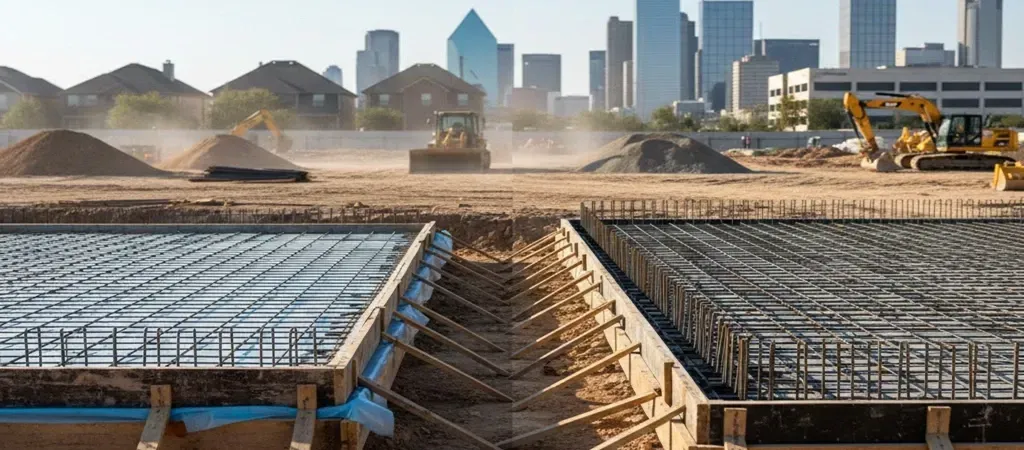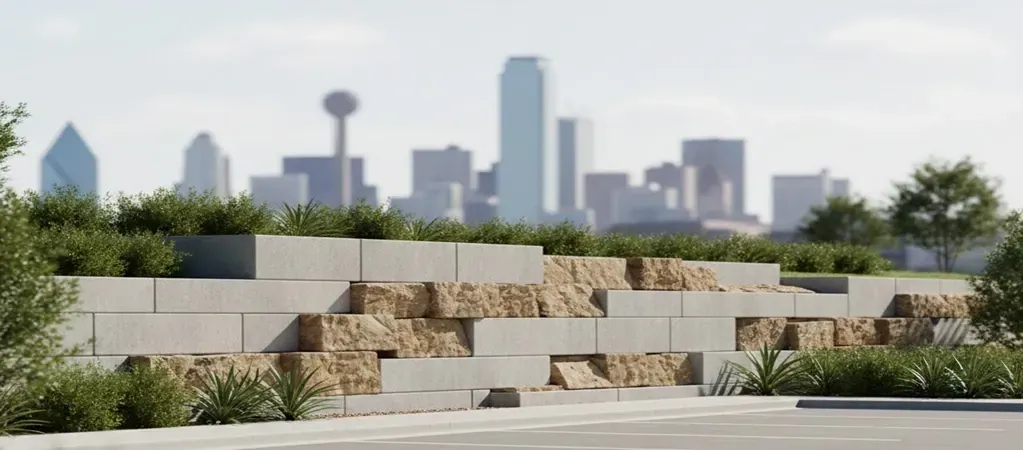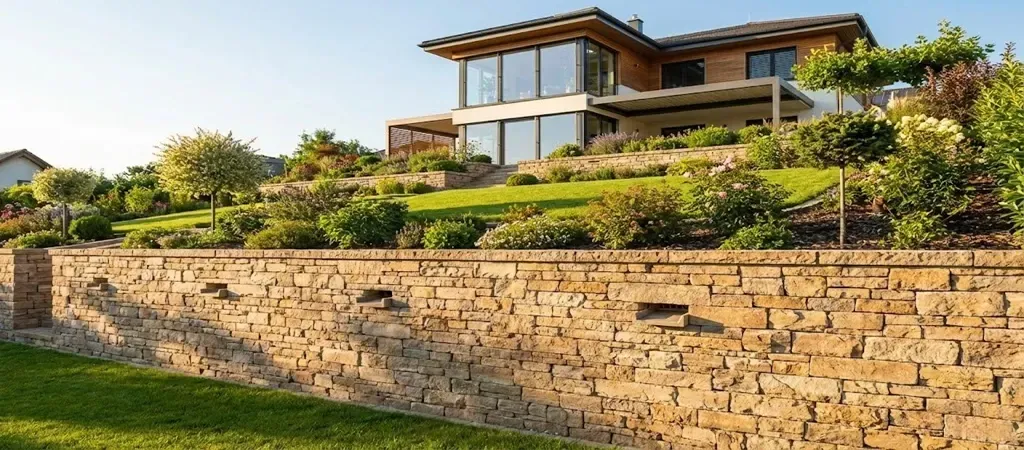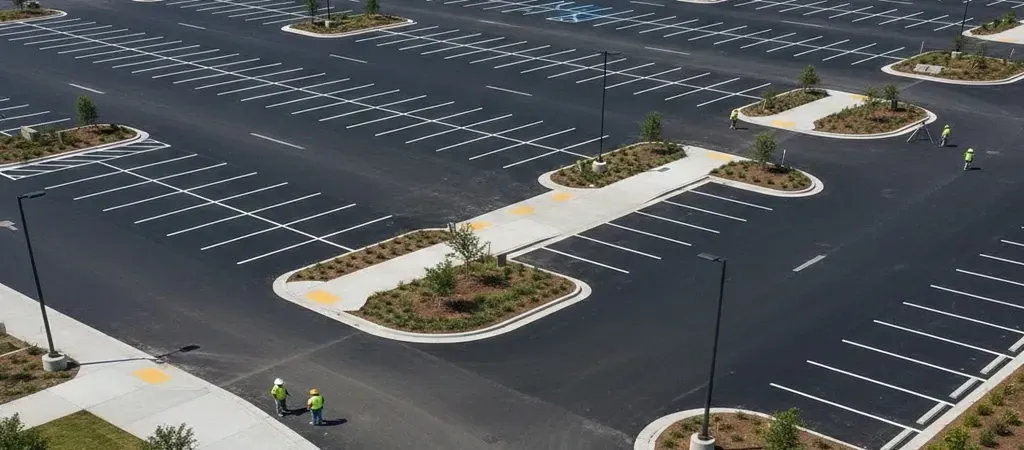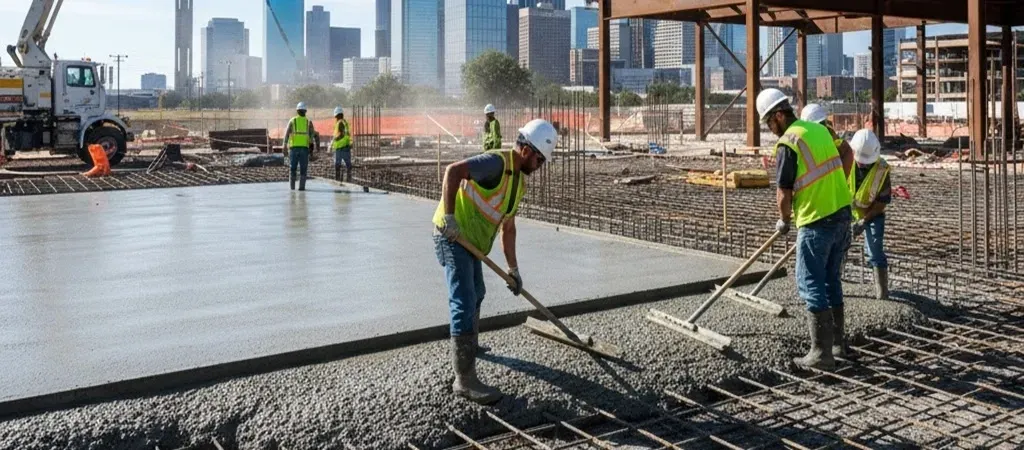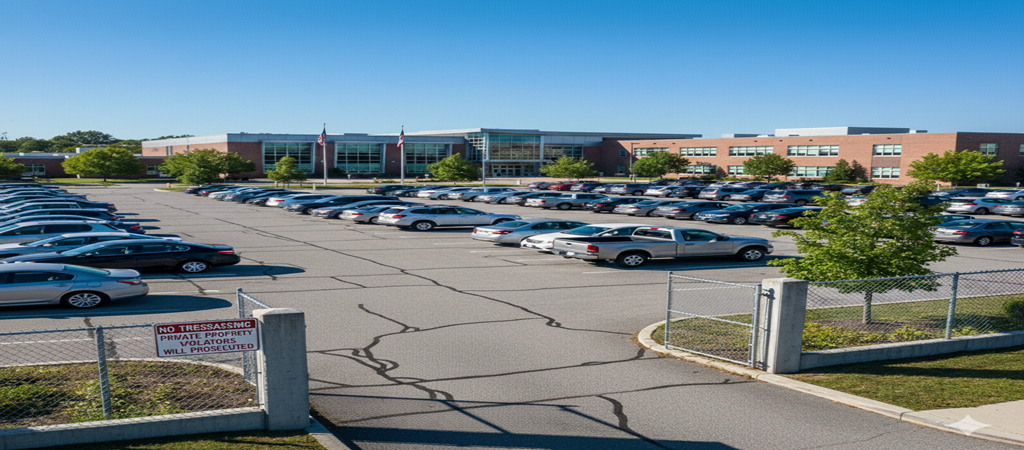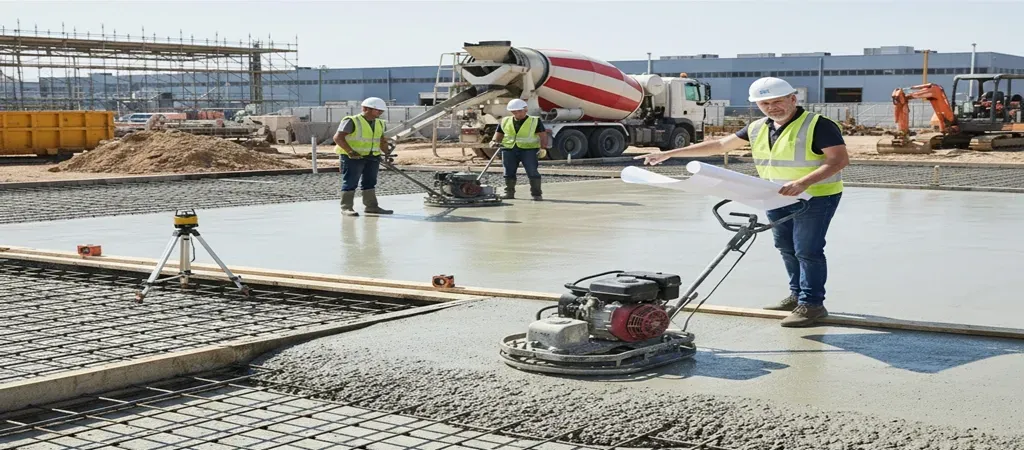Dallas Concrete Repair Extending Lifespan by Addressing Common Concrete Issues
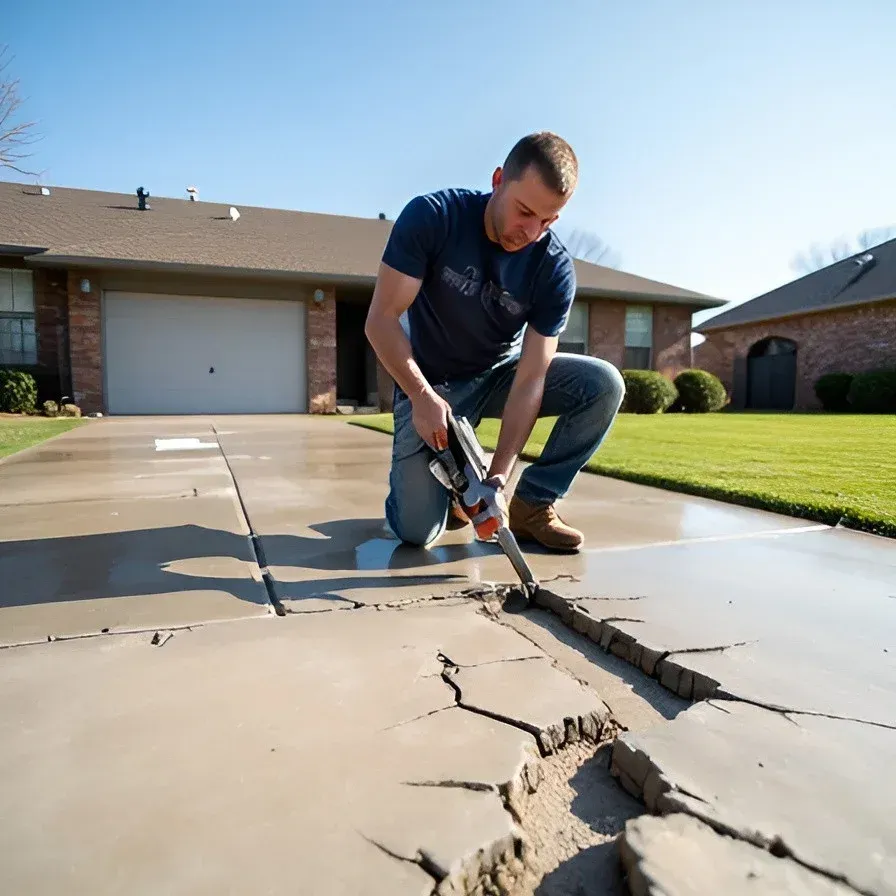
Dallas Concrete Contractors can provide the best quality of concrete driveways, pathways, patios, foundations, and other concrete structures, but maintaining them yourself is key to maximize their functionality and aesthetics. If you are a Dallas homeowner wondering how to extend the lifespan of your newly installed concrete structure, identifying the common issues that need to be addressed is one of the few things you can do as a property owner. Yes, concrete is without a doubt durable and versatile, but like all other materials, it can also deteriorate over time. So, here are some common concrete problems that you need to address, and how to provide practical solutions to maintain your concrete structures in Dallas.
Cracking
Cracks are one of the most obvious issues that you can notice, caused by factors like settlement, thermal expansion, shrinkage, overloading, or improper curing.
The solution to that is to use concrete crack fillers or sealants for small cracks and use concrete patching compound for larger cracks. Clean the cracks thoroughly before applying fillers or patching the compounds. Smooth it all out and blend it with the surrounding surface.
Spalling
This issue might occur to your property if there’s a freeze-thaw cycle, harsh materials like de-icing salts are used, poor finishing techniques or excessive water in the concrete mix.
To solve this, the first thing to do is to clean the damaged area. For surface spalling, apply a repair mortar design for the specific conditions. If the spalling is deeper, remove the affected concrete down to solid material, then use a patching compound along with repair mortar.
Scaling
If you find concrete peeling off with a depth of 5mm to 10mm, that indicates scaling. Just like spalling, scaling can also occur due to freeze-thaw cycles and the use of de-icing salts. Although not that deep like spalling, this issue can significantly affect your concrete structure.
For mild scaling, you can apply a surface coating or sealer designed for your concrete. If the scaling worsens, remove all the scaled concrete and apply a repair mortar or concrete overlay.
Discoloration
Uneven curing, inconsistent mixing, or using different batches of concrete can result in discoloration.
To get rid of this discoloration, just simply use a power washer or concrete cleaner to remove the surface contaminants. Just keep in mind not to use harsh chemicals as it can make the issues worse. For better results, you can consider applying a concrete stain or dye to create a unified appearance. You can also put a thin overlay or micro-topping to have a new concrete surface.
Efflorescence
This might occur if your concrete is mostly exposed to water. When water moves through the concrete, soluble salts can be trapped on the surface, where they become solid and crystallize.
To remove this properly, don’t be afraid to use a stiff brush with a mild acid solution like diluted vinegar, to scrub away the efflorescence.
Corrosion of Reinforcement
This can be one of the worst issues, as when reinforcement rusts, it can lead to more cracks and can reduce the structural integrity of your concrete. This is often due to carbonation, chloride, and moisture penetration.
To solve this problem, remove the concrete around the corroded steel, check if it is safe by cleaning or replacing the steel rebar, and patch the area with high-quality mortar. You can also install a system called cathodic protection to prevent further corrosion of the reinforcement. This may require professional assistance so reach out to Dallas Concrete Contractor to achieve this solution for the issue.
Shrinkage
It can occur due to the loss of moisture content in the concrete after curing or over weeks and months as the concrete loses moisture, leading to internal tensile stress that results in cracking.
To resolve this, cut control joints into the concrete to manage the shrinkage cracking. To reduce the shrinkage, you can use an admixture in the concrete mix to minimize shrinkage and always ensure proper curing techniques to avoid shrinkage.
Settlement
If there is a change in soil condition beneath the concrete or the subgrade is poorly compacted, settlement can be as well a potential problem.
Solve this by using a process called mudjacking or by pumping a slurry beneath the concrete to lift it back into place and maintain alignment. You can also consider injecting high-density foam under the concrete to raise or stabilize it.
Tips:
These common concrete problems might be serious and technical, but regular maintenance, proper sealing, and adequate curing can help you prevent most of these problems from happening. Also, avoiding overloading and installing a proper drainage system can protect your concrete property from further damage. Don’t hesitate to seek professional assistance from Dallas Concrete Contractors if you are still having a hard time dealing with these concrete issues. Hiring professional concrete services with heavy duty tools which can make difficult tasks easier that ensure the quality of the solution and finish your project efficiently.
Conclusion
Addressing common concrete issues such as cracking, spalling, scaling, discoloration, efflorescence, corrosion of reinforcement, shrinkage, and settlement is essential to extend the lifespan of your concrete structures. By performing regular maintenance, proper sealing, and ensuring adequate curing, you can prevent most of these problems. For professional assistance, don't hesitate to
contact Dallas Concrete Contractors, your leading concrete experts in Dallas, to ensure the longevity and quality of your concrete property. Sit back, relax, and enjoy your new home addition.
